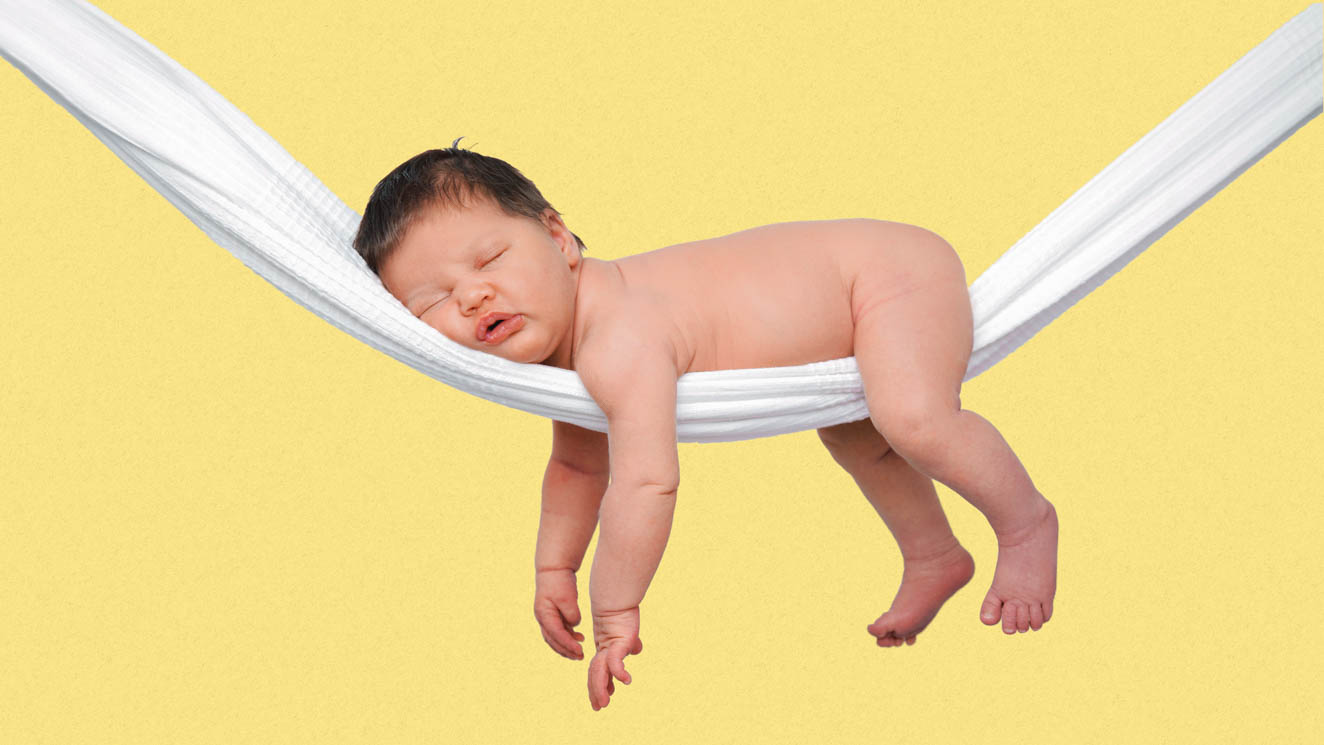

If your child is over the age of—ummm—zero, it’s likely that you’ve lied to her or him at least once. Just the regular fare: Santa will cross you off his list if you keep hitting your brother. Fluffy the bunny went to live on a beautiful farm in the countryside. Sorry honey, we can’t stop at Baskin Robbins because I forgot my wallet. You know how it goes.
We don’t lie to our kids because we’re horrible. We do it to get them to behave better, to smooth over potentially upsetting news, or to shortcut lengthy explanations because we don’t have three hours to explain every. Little. Thing . Parenting is a tough gig, and sometimes, honestly, The White Lie is mama’s little helper.
But — and no guilt here — we may want to think twice about our fibs, according to new research. A study recently published in the Journal of Experimental Child Psychology found that adults whose parents lied to them more often during their childhood have more challenges dealing with the social and psychological pressures of adulthood. They were more likely to experience feelings of guilt and shame and to display behaviors like aggression and rule-breaking. In short, young adults whose parents lied frequently were found to have more adjustment issues both socially and emotionally than those whose parents were mostly honest. And, interestingly enough, the subjects who were lied to as children were also more likely to return the favor and lie to their own aging parents. In other words, researchers found that it’s hard to teach children honesty and emotional resilience while using dishonesty as a parenting tool.
Cue sigh.
The lead author of the study, Assistant Professor Setoh Peipei of Nanyang Technological University in Singapore, worked with partners from Canadian and Chinese universities as well as from UC San Diego to track 379 Singaporean young adults. Study participants were asked whether, as children, their parents had lied to them about matters including behavior, eating habits, and spending money.
Like with all studies, there are a couple of caveats. For one, the researchers say they haven’t proven that dishonesty from caregivers causes emotional damage, only that the two are associated. There’s also the potential for fallibility in self-reporting; the subjects may mis-remember the frequency with which their parents lied, and they may mis-represent their current psychological healthiness. In future studies, the researchers may choose to recruit multiple sources—like the study participants’ own parents—to paint a clearer picture.
Still, it’s food for thought. It’s hard to insist that our kids be honest with us as well as with others in their lives if we are not able to do so ourselves. What’s that phrase again? The apple doesn’t fall far from the tree.
The study authors say that it remains to be seen whether all lies are equal; lies intended to exercise power and control over children could be worse than other forms of dishonesty. So maybe it’s still okay to say you have no idea what happened to the last of the Halloween peanut butter cups?
Our guess is that they’re probably off somewhere with your forgotten wallet.







